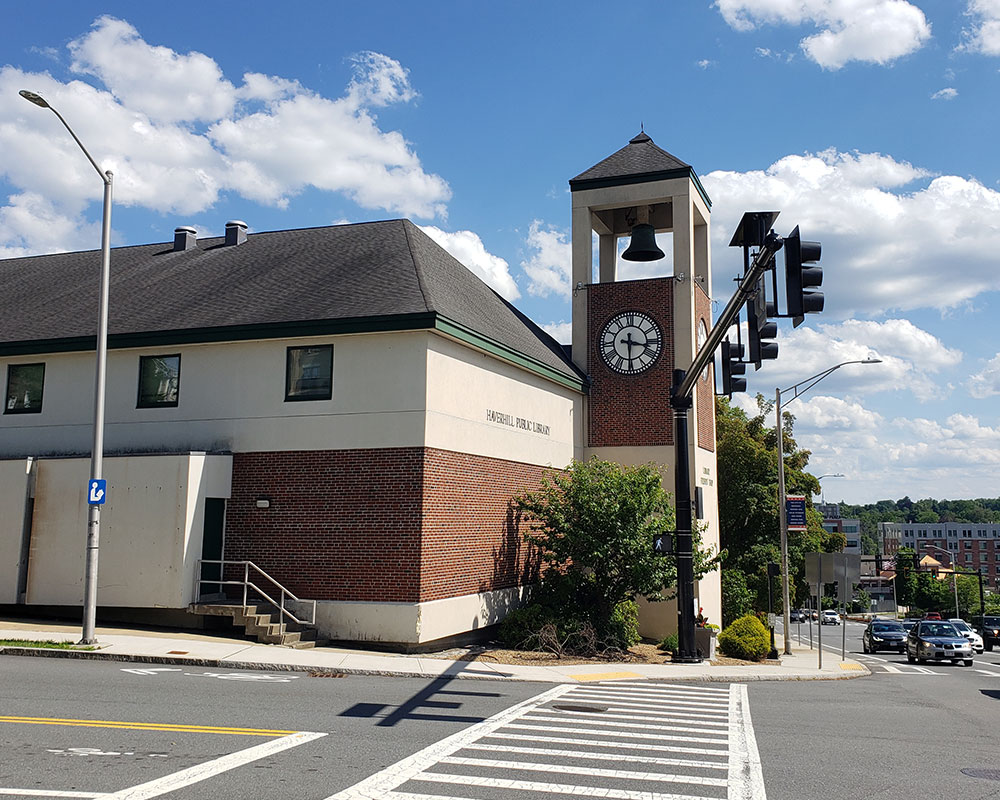On the heels of telling city councilors it plans a $10 million renovation, expansion and modernization, the Haverhill Public Library is soliciting the community’s wish list for the building.
The public is invited to give its feedback and suggestions Wednesday, Aug. 24, between 6 and 7:30 p.m., at the library’s Johnson Auditorium, 99 Main St. Pizza will be provided and children are welcome.
“Listening and learning from you will help us to truly transform the library and its services,” library officials said in a statement Tuesday.
At the meeting and via an online survey at haverhillpl.org, patrons are asked what programs and services they most value; which spaces they use the most, such as meeting rooms, book stacks, reference desk, children’s or teen’s library, computer workstations and other spots; which spaces need the most improvement; and what they would most like to see added, such as café or food services, tech lab, gaming center, etc.
As only WHAV reported, the Haverhill City Council last week gave its approval to turn over the city-owned, third floor of the otherwise privately owned library. The 9,000-square-foot space was the city’s contribution in 1997 to a project that expanded the library from 30,500 to 40,000 square feet. The city’s pledge also helped the library satisfy a state prerequisite for receiving an $800,000 grant.
The Haverhill Public Library is an unusual private-public partnership proposed in 1873 by philanthropist Ezekiel James Madison Hale. Hale donated the land and half of the money necessary to build and furnish the original library on the condition residents paid the balance and the city maintain the building and pay the staff.
The original Summer Street building open in 1875 and occupied what is now a vacant, hilly lot adjacent to the library’s parking lot. It remained there until the federal government approved what was called the “Civic Center Amendment” to the Pentucket Urban Renewal Project. The designation, which expanded the area of total demolition downtown, allowed a new library and courthouse to be built.

